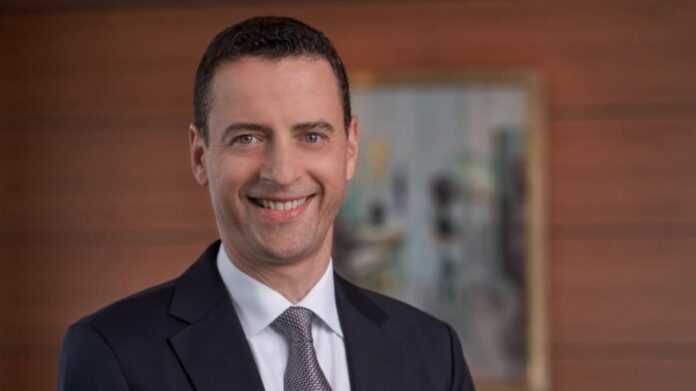
GLENCORE will continue to deplete its coal reserves despite a shift in the globe’s attitude towards the fuel, said the group’s CEO, Gary Nagle.
“We will not divert from our plan to responsibly run down our coal business,” he said during the presentation of the firm’s interim results in which coal took centre stage. “We have made a commitment to the world; it’s right for the world and we will continue down that path,” Nagle said.
Glencore said in 2020 that it would cap coal production at 150 million tons a year and stop producing the fuel by 2050 when its coal reserves would be depleted. It also unveiled carbon emissions targets as part of a climate change strategy that has shareholder support, just about.
Enough shareholders voted against Glencore’s climate change plan in April to trigger a consultation process, according to a report by Bloomberg News in June. Some investors are pushing for more detail on how the plan works as well as assurances coal production won’t jump up again.
“In an extreme event that all the governments of the world come together and say they are putting a pause on climate change (policies) and we need to produce more coal, yes, we would (produce more coal),” said Nagle.
“But that is very unlikely. We are true to our world,” he said.
Coal made a massive contribution to Glencore for the six months ended June. On an adjusted earnings before interest, tax, depreciation and amortisation (EBITDA) basis, energy was $9.47bn of total R15.03bn in EBITDA. Of energy’s contribution, coal comprised $8.9bn compared to a $5.88bn contribution from all other minerals and metals.
There are no signs that coal prices will flag as geopolitical conditions continued.
As of end June, the price of South African exported coal (API4) was 182% above December’s price. Similarly, the price of Newcastle coal was 143% higher. “The energy. markets look to remain an issue,” said Nagle.
Demand for coal has been driven by Russia’s invasion of Ukraine whch had led to sanctions and counter measures by Russia, including shutting off gas supplies to Europe.
“We do expect elevated energy prices for the remainder of the year, but it’s all dependent how the crisis plays out. We don’t see it going away for some time,” said Nagle.
Most of Glencore’s coal sales were open to the spot market. Assuming the spot price for coal currently, the illustrative EBITDA for coal over a 12 month period will be $20.1bn compared to copper’s $5.1bn the next highest contributor to 12 month EBITDA.











